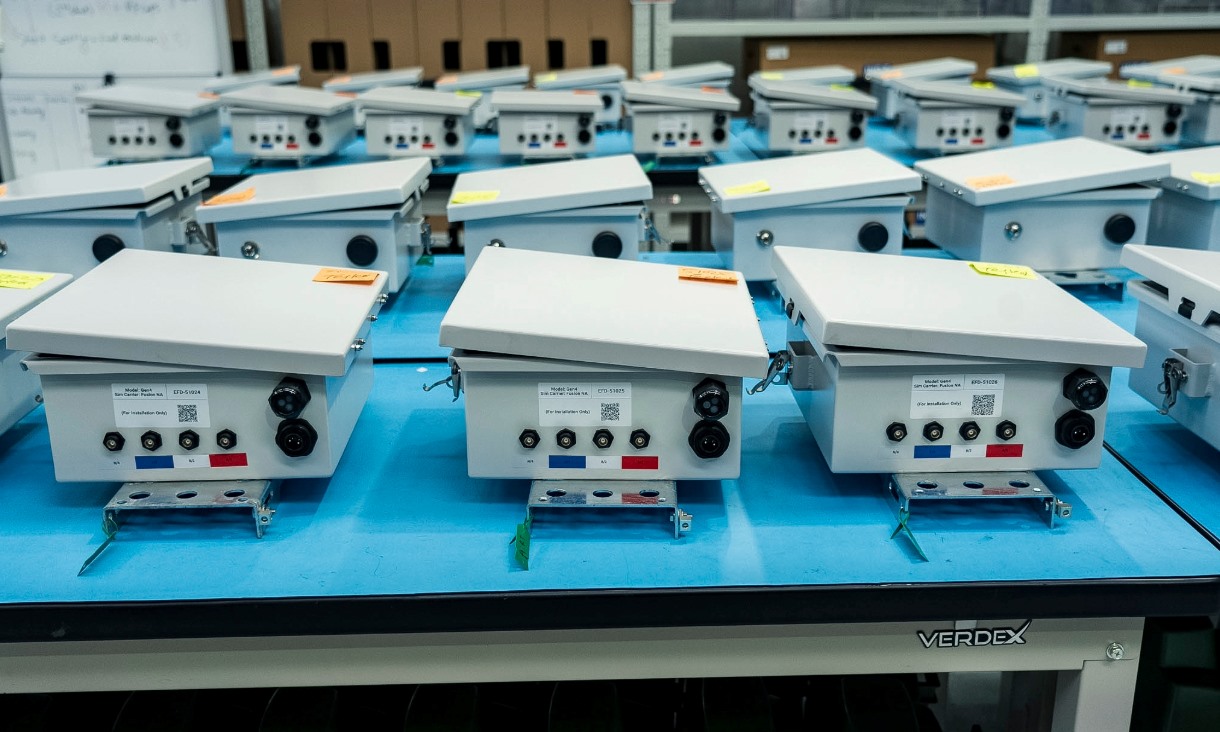Topics: TEMU, online marketplace, data harvesting, cookies, data privacy
Dr Arathi Arakala, Lecturer in Mathematics
“Recently, TEMU came into the forefront of cybersecurity and consumer data discussions due to its increasing popularity.
“TEMU’s privacy and cookie policy states the type of data it collects includes user data essential for its service such as address, phone number and payment details.
“However, it also may collect other information that can be extracted through our profiles such as photographs, interests, shopping history, links to profiles on social networks, and government-issued identification.
“Additionally, TEMU explicitly states their business partners may capture information about us, our computer or device, and location data (if you haven’t disabled location sharing settings).
“As a consumer, we must be aware of what data we intentionally agree to share and what data is being silently captured by the app about us.
“It is important to ask ourselves whether we want our data to be used in locations and by entities that we did not explicitly authorise. Are we sacrificing our privacy for a cheap avocado slicer?
“You can better secure your information when purchasing from apps like TEMU by:
turning off location sharing.
Creating a dedicated email address for online shopping, separate from your personal email.
Don’t log in through an existing social media account as it gives apps access to all the information on it.
Delete history and cookies after using the app to prevent data from being reused at our next login.”
Dr Arathi Arakala is the program manager of the Masters in Cyber Security program at RMIT and is a member of RMIT’s Centre for Cyber Security Research and Innovation (CCSRI).
Professor Asha Rao, School of Science
“As inflation further bites into Australian households, it’s no surprise that TEMU, an online marketplace app that sells items with an affordable price point, is experiencing a meteoric rise.
“However, the app seems to be feeding into the unsustainable practices of fast fashion, cheap goods and data harvesting.
“The lack of transparency on TEMU's data policies raises questions about what information is being collected, how it is stored, and what their data retention policies are.
“When downloading apps, they often request unnecessary information. Many people automatically grant all permissions.
“This is similar to cookies settings. Since the implementation of the General Data Protection Regulation (GDPR), websites need to ask us whether we accept cookies.
“Not many people realise they can choose to only accept the strictly necessary performance cookies and reject all marketing and data gathering cookies.
"When selling goods at a low price, it's important to consider that the manufacturers may be paying employees very little.
“Also remember that goods made so cheaply cannot last very long. They have built-in obsolescence and will only add to the waste problems we are already facing.”
Professor Asha Rao is a cyber security expert and a trans-disciplinary researcher working across mathematics, cyber security and gender equity in STEM.
***
General media enquiries: RMIT External Affairs and Media, 0439 704 077 or news@rmit.edu.au




